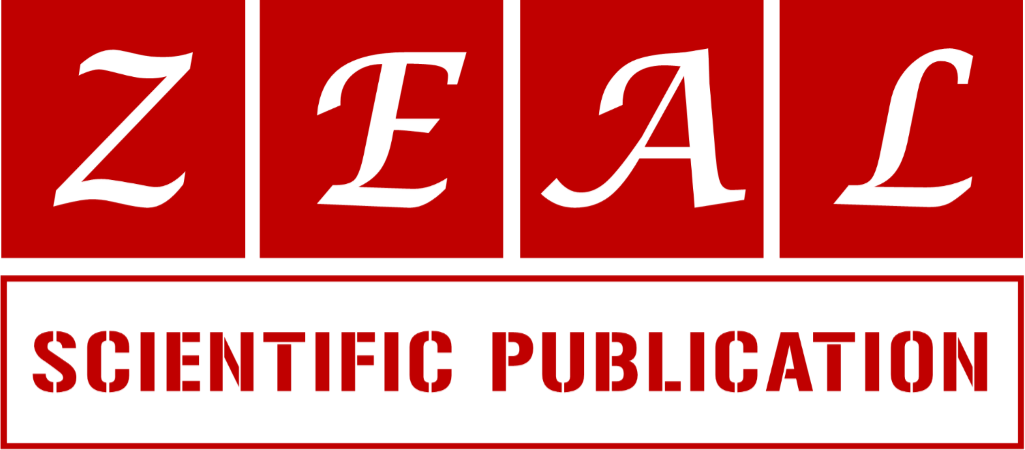Annona muricata (Soursop) leaves extract mitigates cyclophosphamide induced reproductive toxicity in male Wistar rats
1 Department of Biochemistry, Faculty of Basic Medical Sciences, College of Health Science, Niger Delta University, Wilberforce Island, Amassoma, Bayelsa State, Nigeria.
2 Department of Chemistry, Isaac Jasper Boro College of Education, Sagbama, Bayelsa State, Nigeria.
3 Department of Medical Laboratory Science, Faculty of Basic Medical Sciences, College of Health Science, Niger Delta University, Wilberforce Island, Amassoma, Bayelsa State, Nigeria
4 Department of Biochemistry, University of Port Harcourt, P.M.B 5323, Port Harcourt, Nigeria.
Research Article
World Journal of Advanced Pharmaceutical and Medical Research, 2023, 04(01), 007–016.
Article DOI: 10.53346/wjapmr.2023.4.1.0054
Publication history:
Received on 30 November 2022; revised on 07 January 2023; accepted on 09 January 2023
Abstract:
Background: Cyclophosphamide (CP) is an anticancer and immunosuppressive agent commonly used in men of reproductive age. Annona muricata(soursop) is a tropical plant with a widely acclaimed history of various therapeutic properties.
Objective: This study was aimed at determining the effect of the ethanolic leaf extract of Annona muricata on the reproductive system of male rats treated with cyclophosphamide.
Materials and Methods: Twelve (n-12) male wistar rats were randomly divided into three groups of four rats each. Group 1 served as control and received only feed and water. Group 2 was administered a single dose of CP (100 mg/kg body weight) intraperitoneally on the 15th day, while group 3 was administered 100 mg/kg body weight of ethanolic extract of Annona muricata for 14 days and a single intraperitonealdose of CP on the 15th day. At the end of the experiment, the animals were sacrificed under anaesthesia, blood and tissue samples were collected for biochemical and histological evaluations respectively.
Result: The result showed that serum concentrations of LH and FSH were significantly increased (p<0.05) in group 2 (5.53±1.28 and 10.95±1.44) when compared to the control group (1.38±1.02 and 4.97±1.53) and decreasedin group 3(1.14±0.93 and 4.97±1.45) when compared to the control group (1.38±1.02 and 4.97±1.53). Serum testosterone level decreased significantly in group 2 (1.31±1.08) when compared to the control group (5.08±1.02) andincreasedin group 3 (4.95±1.23) when compared to the control group (5.08±1.02). Testicular SOD and MDA was significantly decreased in group 2 (3.23±0.41 and 1187.71±1.21) when compared to the control group (6.00±1.65 and 371.91±1.47) and slightly elevated in group3 (6.05±0.97 and 371.97±1.47). The histology of the testicular tissue shows markedly shrunken seminiferous tubules with severe germ cell aplasia and basement membrane thickening following cyclophosphamide administration which was restored to normal after treatment with aqueous extract of Annona muricata.
Conclusion: The study reveals that Annona muricata possess protective effect against cyclophosphamide-induced reproductive toxicity in male wistar rats.
Keywords:
Cyclophosphamide; Annona muricata; Testosterone; LH; FSH
Full text article in PDF:
Copyright information:
Copyright © 2023 Author(s) retain the copyright of this article. This article is published under the terms of the Creative Commons Attribution Liscense 4.0
